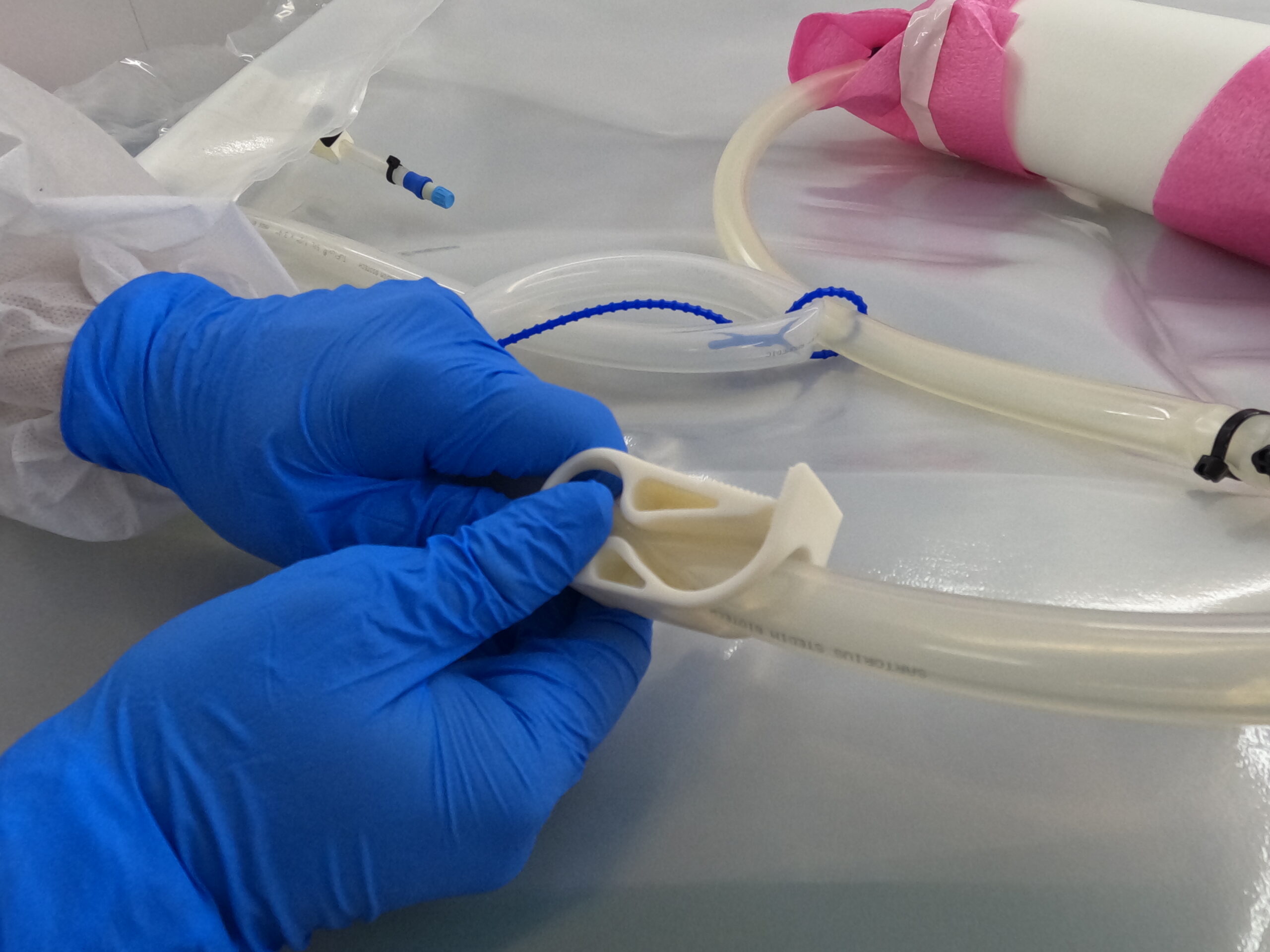posted by Phill Allen
April, 15th, 2014
Company News Pharmaceutical Industry News
 The ability of the biopharmaceutical industry to deliver life-enhancing medicines and contribute to economic growth is in the hands of US policymakers, according to a report commissioned by the Pharmaceutical Research and Manufacturers of America.
The ability of the biopharmaceutical industry to deliver life-enhancing medicines and contribute to economic growth is in the hands of US policymakers, according to a report commissioned by the Pharmaceutical Research and Manufacturers of America.
The report, developed by Battelle Technology Partnership Practice, highlights payment policies, regulatory systems and intellectual property protections as top political policy factors influencing the biopharmaceutical industry.
A continuation of negative trends in these key policy areas could see jobs in the sector decrease over the next decade, the report warns.
John Castellani, president and chief executive of PhRMA, described the report as a “stark reminder” to policymakers that innovation is “deeply affected” by public policies.
“We must decide as a nation how much we value the contributions of the biopharmaceutical industry to the US economy, as well as our nation’s role as the world leader in innovative R&D and manufacturing,” he said.
Mr Castellani, however, was confident that the pursuit of forward-looking political policies would have the opposite effect, boosting innovation and economic growth.
“The message is clear,” he added, “the continued success of the biopharmaceutical industry – both in delivering life-saving and life-enhancing medicines to patients and in contributing to US economic growth – is dependent on thoughtful, forward-looking policies that prioritise innovation.”
The report, which says pro-innovation policies could create over 300,000 new jobs by 2021, combines quantitative data with input from industry leaders.
Celgene chairman and CEO, Robert Hugin, said the report “vividly illustrates the inextricable link between a healthy biopharmaceutical R&D system and the health care policy environment”.
“All too often the payment policies for medicines are not recognised as fundamentally connected to the discovery and development of medical breakthroughs,” he explained.
“Sustainable market-based access and reimbursement for innovative medicines today is essential to incentivise the long-term, high-risk investment needed for new medical innovations in the future.”
The biopharmaceutical industry is built on the backbone of 3.4 million jobs across the US, including over 810,000 direct jobs. The sector contributes $789 billion in economic output.
More information on the report can be found on the PhRMA website
TAGS:
Biopharmaceutical, health care,
SHARE:
Author
Phill Allen
Managing Director
Phill is an innovative thinker particularly in fluid management. His expertise lies in ensuring the seamless flow of pharmaceutical liquid logistics, whether it's optimising current processes or pioneering new approaches.




